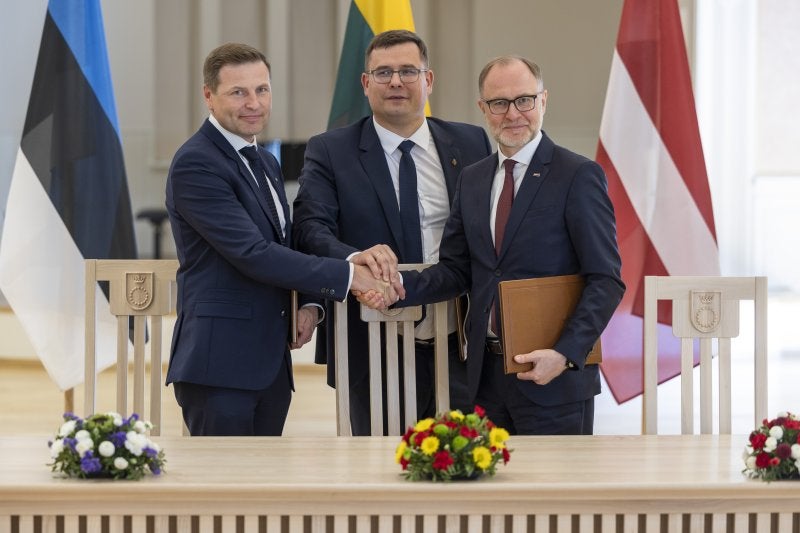Baltic States defenced ministers proposed a rise in Nato defence spending targets to 2.5% of GDP as part of a new Allied Capability Delivery Commitment (ACDC) capability development initiative, and announced that Latvia and Lithuania would be joining Estonia in spending 3% on defence, at a meeting in Palanga, Lithuania on 22 May 2024.
“For us, the executability of Nato’s defence plans is critically important. ” said Estonian Defense Minister Hanno Pevkur. “I am glad that the Baltic States are setting an example for the Allies.”
UK Minister of Defence Grant Shapps made similar statements in his keynote speech at the London Defence Conference on the same day, stating that he will make the “unambiguous case for 2.5% to become the new Nato standard,” in the Summer.
This statement was given before Prime Minister Rishi Sunak’s 22 May announcement of a General Election to be held on the 4 July 2024, five days before the next Nato Summit, drawing into question whether the government under which Shapps serves will be in post to put this case forward to Nato. The UK government stated an intent to spend 2.5% of its GDP on defence by 2030.
The meeting of Baltic States Defence Ministers contained discussions for further strengthening regional cooperation with the joint procurement of naval vessels, and armaments for the Baltic defence line, according to Pevkur.
“We have good examples where we jointly procure, for instance, air defence systems or vehicles, but we need to further intensify our cooperation,” said Pevkur. “Joint procurements help everyone save money, ensure better interoperability, and provide for common spare parts, maintenance, and training,”
A release from Estonia’s Ministry of Defence said ministers had also discussed the Naval Vision 2030+ cooperation framework that sees joint activities between Baltic Navies.
A paper published by the Latvian Institute of International Affairs describes this framework as a route Baltic States are taking to find common solutions in the maritime domain, founded in an awareness that Nato naval resources may be overtaxed in the event of a crisis, and that Baltic navies may be found lacking if charged with supporting operations in the Baltic Sea in isolation.











